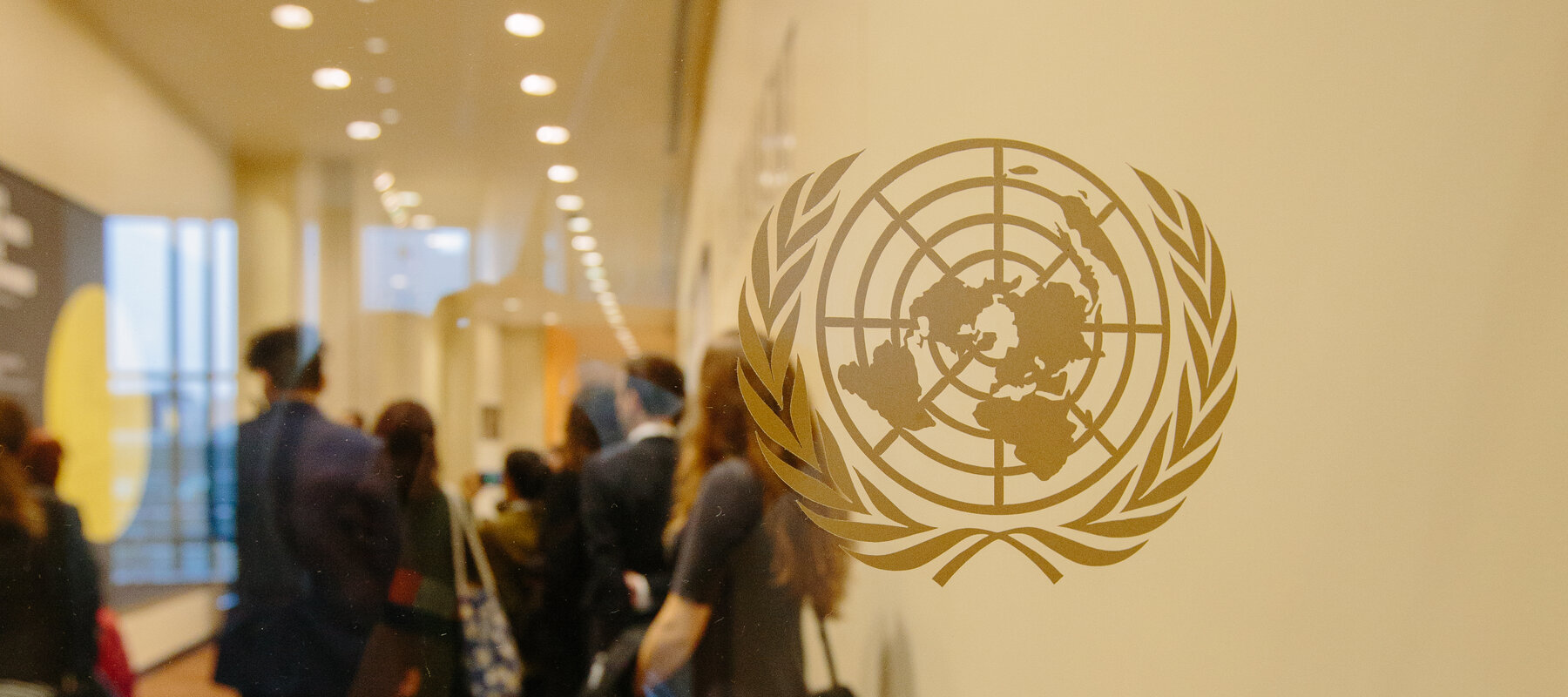Every year, the Lehigh University-United Nations Partnership sets up a panel among specialized professors on campus to discuss the U.S. president’s address to the General Assembly of the United Nations (UN). This year, President Joe Biden emphasized welcoming a new era of multilateralism and diplomacy — giving both the panel and student/staff audience plenty to discuss.
The panel included a professor in the College of Health, Dr. Eduardo Gomez, who focused mostly on global health policy; a professor of Sociology and Anthropology, Dr. Ziad Munson, who highlighted the topic of terrorism; and a professor of Earth and Environmental Studies, Dr. Dork Sahagian, who concentrated on the politics of climate change.
Each panelist brought a unique perspective to President Biden’s speech, from multidisciplinary academic lenses, finding both benefits and faults within the President’s address.
Dr. Gomez, for example, found President Biden’s commitment to more multilateral global processes “very refreshing” after former President Donald Trump’s era of ‘America-first’ policies. Dr. Gomez said that Biden underscored what should be the World Health Organization’s responsibility to “apply international norms and tenants in health and human rights,” greatly appreciating old and new transnational organizations as future global health leaders.
On the other hand, Dr. Sahagian and Dr. Munson considered much of the presentation as vague, lacking specific implementation details..
“The speech was, by design, filled with generalities,” Munson said.
Munson hyperfocused on Biden’s talk of international terrorism, saying it should have been about domestic terrorism as a source of global unrest and that his notion of fighting terrorism to fight poverty misses the mark. Regardless, he was impressed with Biden looking beyond borders to include the global community in these talks.
“It’s great that now we have a President who can say out loud that we should move from a conflict footing to a diplomatic footing,” Munson said about Biden.
Sahagian pointed out the exclusion of the UN’s Sustainable Development Goals from the speech in addition to details about reducing emissions, cutting fossil fuels, and addressing geopolitical and population changes.
“We can do it,” Sahagian said about reducing global emissions, “we just don’t want to.”
Around 40 staff and students across disciplines joined in person and via Zoom, many of whom addressed their own educated questions and concerns about the speech: some spoke of the recent withdrawal of troops from Afghanistan, another of subsidies for climate-friendly infrastructure, and others about the consideration of more possible COVID-19 variants.
Dr. Bill Hunter, Lehigh’s Representative to the UN, prompted a question to the professors: if tomorrow you stood at the podium of the U.N. General Assembly, speaking to the world’s youth, what would you say?
Sahagian responded shortly but philosophically, “Do what would be best if everyone did it,” leaving students’ heads buzzing with thought about their personal decisions.
Munson said he has hope the current generation of students at Lehigh will rise up to face the unparalleled global challenges discussed during the panel, urging them that waiting for others is not an option.
“The newer generation inherits a broken world,” Munson said. “Today, they are better equipped than any one generation before.”
